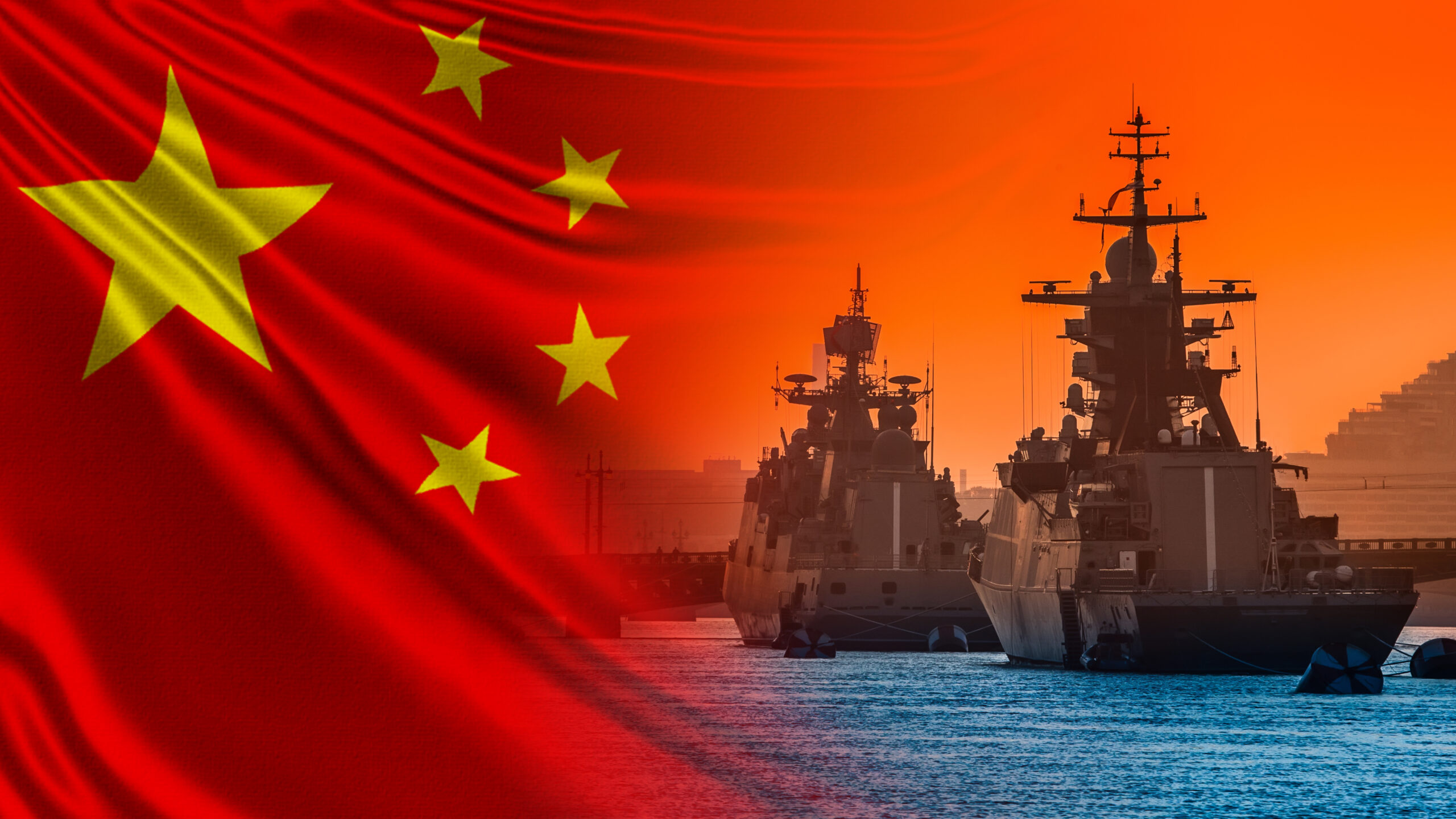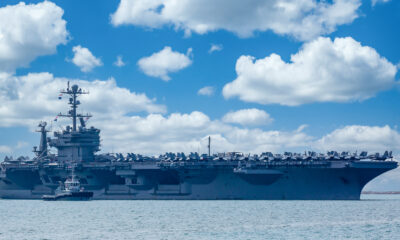Tensions Rise As Chinese Forces Seize Philippine Military Boats

The Pacific region is inching closer to conflict as Chinese naval forces have boarded and seized military resupply boats belonging to the Philippines, a key U.S. ally. The incident occurred near the Second Thomas Shoal in the South China Sea, where Chinese vessels confronted and captured Philippine Navy boats.
On Monday, the Chinese Coast Guard intercepted and boarded Philippine resupply boats, triggering a violent confrontation. The Armed Forces of the Philippines released images of the encounter, describing it as “coercive, aggressive, and barbaric.” The contested area, also known as Ayungin Shoal, is part of the Spratly Islands, which China claims as its territory.
The Philippine military was attempting to resupply the BRP Sierra Madre, a tank landing ship deliberately grounded on a reef near the shoal in 1999 to assert the Philippines’ territorial claims. Although no longer seaworthy, the Sierra Madre remains an active Philippine Navy vessel.
China has fortified its claims in the region by deploying missiles to some of the islands. The latest skirmish saw Chinese sailors armed with melee weapons such as axes and machetes attacking the Philippine boats, resulting in injuries to several Filipino sailors, including one who lost a thumb.
Chinese forces managed to capture two of the Philippine supply boats, confiscating multiple M4 rifles and other equipment. While the Philippine forces eventually recovered the boats, they were left significantly damaged. Manila is demanding the return of the seized equipment.
China defended its actions, claiming the Philippine boats were conducting an illegal mission in Chinese waters. “The Chinese coast guard at the scene has taken professional law-enforcement measures with restraint,” stated Lin Jian, a spokesperson for China’s foreign ministry.
The United States has expressed strong support for the Philippines amid these escalating tensions. “We stand with our Philippine allies and condemn the escalatory and irresponsible actions by the PRC to deny the Philippines from executing a lawful maritime operation in the South China Sea,” the Pentagon said in a statement.
Under the U.S.-Philippine mutual defense treaty, an armed attack on Philippine military forces would trigger American intervention. However, incidents involving melee weapons, like the recent skirmish, do not meet this threshold, a nuance Beijing appears to exploit.
Similar confrontations have occurred between Chinese and Indian forces in the disputed Ladakh region, where soldiers engaged in brutal melee fights without using firearms, resulting in numerous casualties.
As tensions continue to rise, the Philippines has indicated that any fatal attack on its citizens would be a red line. Given China’s aggressive actions in the South China Sea, such an escalation might be only a matter of time.
























